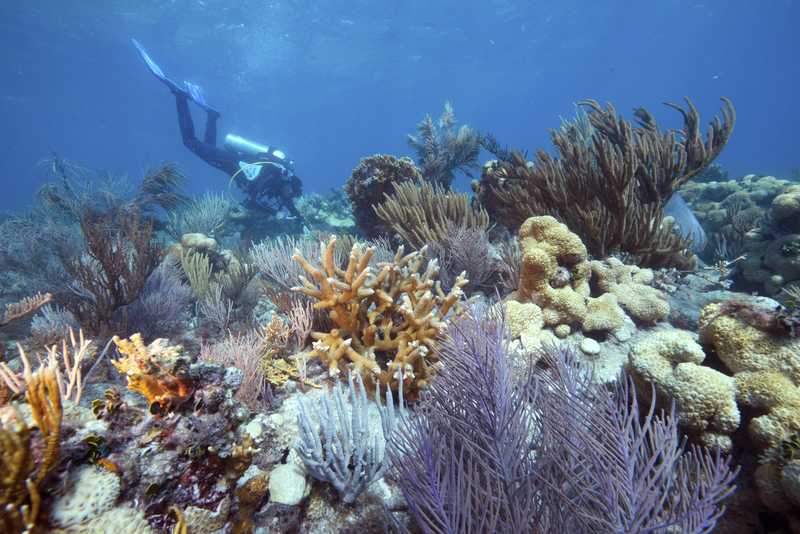
Event time: 11:00am — 12:30pm Location: Park Hub West, Convene, 101 Park Avenue Event organizer: Food and Agriculture Organization of the United Nations (FAO) There is a strong focus on nature for climate advocating for ecosystem restoration and protection to foster adaptation and mitigation. The conservation and restoration of aquatic and coastal ecosystems are considered […]
Event time: 11:00am — 12:30pm
Location: Park Hub West, Convene, 101 Park Avenue
Event organizer: Food and Agriculture Organization of the United Nations (FAO)
There is a strong focus on nature for climate advocating for ecosystem restoration and protection to foster adaptation and mitigation. The conservation and restoration of aquatic and coastal ecosystems are considered to be an essential piece of the solution to global climate change. In addition to their role in carbon sequestration, they sustain key ecosystem services, such as coastal protection, nursery grounds for aquatic species, or food provision. Aquatic and coastal ecosystems are critical for communities who rely on them for food security, in particular fisheries and aquaculture-dependent communities, especially in a context of poverty and high vulnerability to climate change impacts.
Fisheries and aquaculture are important for food security, employment and social welfare. FAO estimates that 800 millions – i.e. 10-12% – of the world population rely on fisheries and aquaculture for their livelihoods and that 50% of the people engaged in the primary and secondary sector (e.g. processing, trading) are women. Healthy aquatic and coastal ecosystems are critical for production of wild fish, for some of the ‘seed’ and much of the feed for aquaculture. Healthy aquatic and coastal ecosystems, such as estuaries, coral reefs, mangroves and sea grass beds not only sustain the productivity of fisheries, they are more resilient and hence more likely to absorb changes resulting from global warming, or recover when these changes are abrupt, as in the case of extreme events or disasters.
There is an overall agreement and increasing awareness that the challenges faced by biodiversity and food security in the context of climate change are strongly interconnected. However, global dialogue on climate change impacts and solutions for biodiversity and food security tend to follow parallel streams with insufficient bridges that would allow for cross-fertilization and policy coherence. International initiatives, such as the 2030 Sustainable Development agenda require, among other things, the reconciliation of these 2 streams in order to achieve sustainable development goals while coping with climate change. The proposed side-event is expected to contribute to the ongoing dialogue about adaptation and mitigation strategies that consider simultaneously food security, biodiversity conservation and climate change. Discussions will be based on examples where ecosystem restoration, adaptive management or protection has proven or is being considered to support climate mitigation and adaptation. The side-event will start by showcasing work carried out by the co-conveners on aquatic and coastal ecosystems, as well as fisheries and aquaculture-dependent communities in the context of climate change. The group discussions will then focus on how to bridge these two streams, in particular by taking stock of existing initiatives, brainstorming on policy challenges & awareness raising needs and discussing funding opportunities.”
Sign up here to attend
Partners/Sponsors: International Union for the Conservation of Nature (IUCN), University of West Indies Centre for Resource Management and Environmental Studies (CERMES), Environmental Defense Fund (EDF)